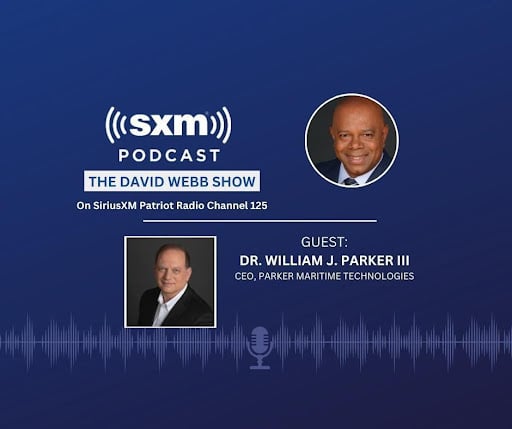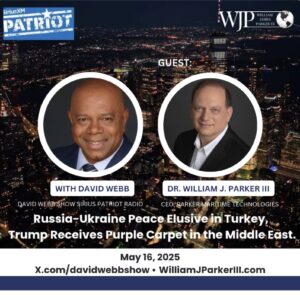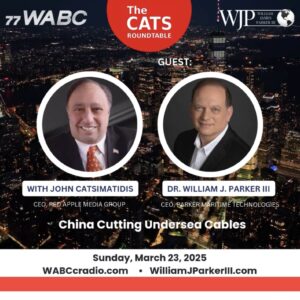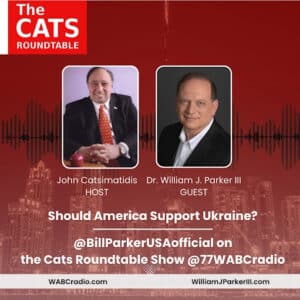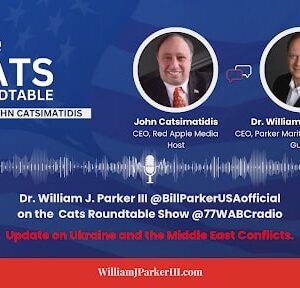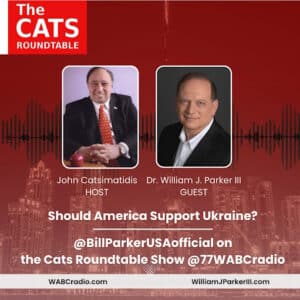North Korea, Sanctions, and Weapons of Mass Destruction – A Discussion with Dr. William J. Parker III
In an interview in 2016 on the David Webb Show, Dr. William J. Parker III, discussed the complex issues surrounding North Korea, sanctions, and weapons of mass destruction (WMDs). This blog post provides an overview of the key points made during the conversation.
The Iran Situation
The interview begins with a discussion of the incident involving ten U.S. Navy sailors who were released unharmed by Iran after being detained briefly. Dr. Parker emphasizes that these sailors were mariners in distress and should have been helped immediately rather than used for political purposes.
North Korea’s Ongoing Challenge
The main focus of the conversation is North Korea, which has been a long-standing challenge for the international community. Dr. Parker highlights the ongoing tensions and provocations between North and South Korea, including broadcasts, leaflet drops, and missile tests.
Hydrogen Bomb Test
The interview delves into the topic of North Korea’s claimed hydrogen bomb test. Dr. Parker explains the difference between atomic (fission) and hydrogen (fusion) bombs, clarifying that hydrogen bombs involve a fusion chain reaction triggered by an atomic bomb. He mentions that while North Korea has missiles that can reach the United States, their effectiveness depends on various factors, including missile technology and warhead size.
The Concern of Collaboration
Dr. Parker expresses concerns about potential collaboration between North Korea and other nations, particularly Iran. He stresses the importance of monitoring and addressing the sharing of technology related to missile development and other threats.
The Greater Threat of Biological Weapons
The interview shifts to the topic of biological weapons, which Dr. Parker considers a greater threat than nuclear weapons. He points out that historically, biological outbreaks have caused more casualties than nuclear events. He highlights the rapid spread of diseases like Ebola and the importance of early detection, immunizations, and global cooperation in addressing biological threats.
The Role of Policy
Dr. Parker emphasizes the role of policy in addressing threats, such as biological weapons. He notes the need for policies to adapt to evolving threats, such as cyberattacks and bioterrorism, and mentions that the policy landscape must keep pace with technological advancements.
Dr. William J. Parker III’s insights from this 2016 interview provide valuable perspectives on the challenges posed by North Korea, WMDs, and biological threats. These complex issues require international cooperation, robust policies, and continuous vigilance to ensure global security.
